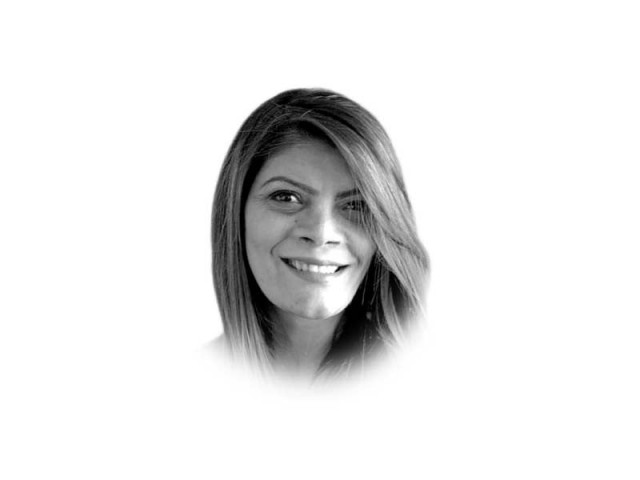What does Hijab mean to us?
Hijab is a personal choice of self-representation, a fundamental right

Sometimes the obvious seems ambiguous to others. They either prefer to ignore its reality or judge it based on their false perception. This practice can be so addictively blinding that one prefers to change the rules of the game in their interest, switching right with wrong and truth with falsehood: the root cause of the prevailing double standards, hate, aggression and intolerance in the world. We live in a world dominated by technology, information sharing and globalisation. The concept of geographical boundaries, communication and information sharing has completely transformed over the years. A small event can have a global impact. Therefore the sustainable well-being of the world depends on diversity, tolerance and acceptance.
The latest hijab ban in schools in southern India, followed by countrywide violent clashes, shamelessly reveals the reality of secular India, diversity and acceptance as advocated by the West and its allies. Additionally, the Indian High Court ordered that no student should insist on wearing religious dress till the matter is resolved.
But why is hijab so critical to these women? Why does the world associate negative connotations with a personal choice? Why do these women have an uncompromising commitment to stand for hijab when it is nothing more than iron shekel as perceived? Is this merely a narcissistic romance with the concept of hijab or is it much deeper than that? What does hijab mean to us, the women of Islam? There are two ways to approach this complicated topic: religious and human aspects. Let’s understand some human reasons which amplify the value of hijab to women who prefer to wear it.
The word hijab means a veil worn by certain Muslims in the presence of men outside their immediate family. Hijab is a physical reminder of how people prefer to represent themselves. It symbolises religion, culture and the person wearing it.
Hijab is a personal choice of self-representation, a fundamental right. On the other hand, there are many negative connotations related to hijab which leads to the resilience and a desire to break this stereotype among these women. All they seek is acceptance as a human with a specific expression of life. It is much more than attire; it is a lifestyle. It is how these women identify modesty, freedom, liberation, independence and sovereignty.
The “comfort” or “normal” differs from person to person, culture to culture, and religion to religion. The mistake made here is the false practice of seeking to generalise this diverse concept. The idea of acceptance and tolerance gradually fades in the quest for this impossible goal. Hijab being a lifestyle they choose, women of hijab feel deprived of their free will when one tries to alter that, imposing on them what they consider “normal”. The rejection leads to resistance, which strengthens the stereotype, and the vicious cycle continues.
These women find their confidence in spirituality, modesty and religion. The world has generously accepted many novel concepts during the last few decades, like gender liquidity, LGBT marriages, parenting, nudity, etc. It is impossible to isolate oneself from the information inflow because of the internet, communication and information explosion, making tolerance the only practical option. Sadly, the women of hijab are not dealt with the same passion, compassion and preference. They are conveniently marginalised and tabooed. Alarmingly, the hatred is reaching the next level, and now they are being deprived of the basic human rights such as education, security, work, etc.
Another aspect that gained the limelight during the last few decades is the significance of emotional intelligence in this highly globalised world. Emotional intelligence is the capacity to understand, manage and use your own emotions in positive ways to resolve conflicts, communicate effectively, relieve stress, and empathise with others. Are we witnessing emotional intelligence as a privilege bestowed on few, or will the world rise above that and accept hijab as a fundamental human right of self-representation, confidence, spirituality, and essence of one’s life in a nutshell? It is high time to break out from the stereotype related to hijab. If not, the world will gradually become an appetite for the venomous anaconda of hatred, hostility, prejudice, discrimination and intolerance.
Published in The Express Tribune, February 17th, 2022.
Like Opinion & Editorial on Facebook, follow @ETOpEd on Twitter to receive all updates on all our daily pieces.















COMMENTS
Comments are moderated and generally will be posted if they are on-topic and not abusive.
For more information, please see our Comments FAQ